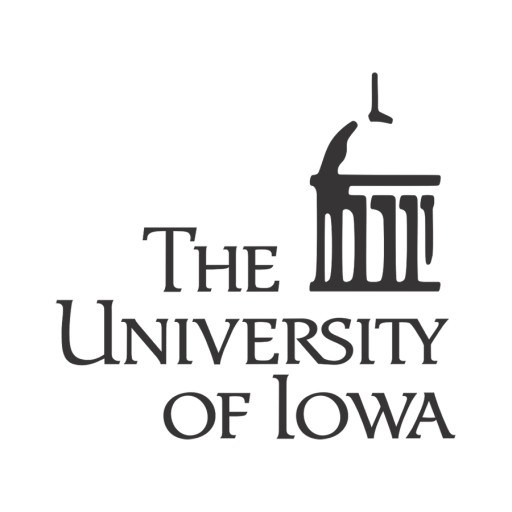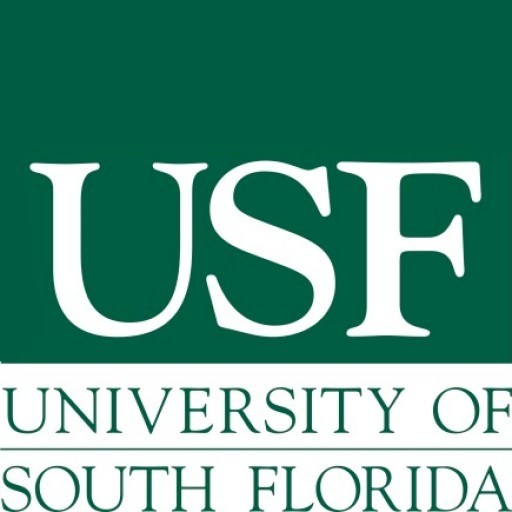Photos of university / #uiowa
About the Program
The Master of Computer Science (MCS) is a nonresearch, course-based program for students who wish to enhance their careers with advanced knowledge of computer science. The Master of Science is granted only to students working toward the PhD
Program Overview
The MCS requires a minimum of 32 s.h. of graduate credit, including at least 24 s.h. earned at The University of Iowa.
Foundations
One of these:
| Theory of Computation | 3 s.h. |
| Limits of Computation | 3 s.h. |
| Design and Analysis of Algorithms | 3 s.h. |
Systems
One of these:
| High Performance Computer Architecture | 3 s.h. |
| Distributed Systems and Algorithms | 3 s.h. |
| Formal Methods in Software Engineering | 3 s.h. |
| Programming Language Foundations | 3 s.h. |
Colloquium
M.C.S. students must earn at least 2 s.h. in Research Seminar: Colloquium Series.
Electives
M.C.S. students fill their remaining 24 s.h. with a combination of computer science graduate courses, reading and project courses, and non-computer science graduate courses approved by their advisor.
Students must take at least six computer science graduate courses (18 s.h.), numbered above 120, excluding Individualized Research or Programming Project, CS:6990 Readings for Research, CS:7990 Research for Dissertation, and CS:6000 Research Seminar: Colloquium Series. They may count a maximum of 6 s.h. of technical or quantitative graduate courses outside of computer science, approved by their advisor, toward the elective requirement. Up to 3 s.h. of independent study courses Individualized Research or Programming Project or may be counted toward the requirement.
Admission Criteria
Students seeking admission to our graduate programs are subject to both the minimum standards set by the Graduate College and also to specific departmental standards. The basic requirements are:
- a total number of courses equivalent to a four-year undergraduate degree;
- a minimum undergraduate GPA of 3.0 on a 4-point scale;
- a minimum undergraduate CS GPA of 3.25 on a 4-point scale;
- strong GRE scores—required for PhD applicants, strongly recommended for MCS applicants—(V+Q+130*W ≥1800, where V=verbal, Q=quantitative, and W=analytic writing); and
- if applicable, a minimum TOEFL score of 81 for the Internet-based test or a minimum IETLS score of 7.0 (with no section score lower than 6.0). However, students scoring below 100 on the Internet-based test are generally not admitted.
Please be aware that these are minimum scores, and that students who are offered admission typically score much higher.
Admission decisions for both the PhD and MCS programs are based on prior academic performance, letters of recommendation, scores on the Graduate Record Examination (GRE) and Test of English as a Foreign Language (TOEFL), if applicable, as well as the applicant's written statement of purpose.
The successful applicant will have strong grades in the following key areas:
- math foundations (calculus, discrete math, probability, numerical analysis, etc);
- programming (C, C++, Java) and programming language foundations;
- data structures and algorithms;
- software and hardware systems.
Want to improve your English level for admission?
Prepare for the program requirements with English Online by the British Council.
- ✔️ Flexible study schedule
- ✔️ Experienced teachers
- ✔️ Certificate upon completion
📘 Recommended for students with an IELTS level of 6.0 or below.
Scholarships
Teaching and Research Assistantships
Teaching and research assistantships are available in most departments. Assistantship stipends typically range between $18,080 for a half-time academic-year appointment and $22,090 for a half-time fiscal-year appointment; assistants also are eligible for tuition scholarships. Assistants (one-quarter-time or more) pay resident tuition rates for fee purposes.
Post-Comprehensive Research Awards
The Post-Comprehensive Research Awards program provides an opportunity for advanced doctoral students to benefit from protected and supported time to pursue their scholarly research activities. The award is intended to recognize students with distinguished academic achievement during their early graduate training. These achievements should be evident from a combination of outstanding academic performance in course work, as well as early scholarly research activities. Students who have held teaching assistantships in the previous two semesters will have priority. Awardees will receive a stipend in the amount of $9,040. The Graduate College also supports up to 2 sh of tuition, 25% of the mandatory fees, and a health insurance allowance. Recipients are nominated by their department
| Liberal Arts & Sciences | Business | Engineering | Nursing | Pharmacy | |
|---|---|---|---|---|---|
| Tuition | $26,464 | $27,526 | $26,464 | $28,964 | $40,918 |
| Technology Fee | 477 | 638 | 695 | 477 | 658 |
| Career Services Fee | 26 | 26 | 26 | 26 | 0 |
| Additional Fees* | 1,183 | 1,183 | 1,183 | 1,183 | 1,183 |
| Books | 1,240 | 1,240 | 1,240 | 1,240 | 1,240 |
| Health Insurance | 1,620 | 1,620 | 1,620 | 1,620 | 1,620 |
| Living Expenses** | 9,500 | 9,500 | 9,500 | 9,500 | 9,500 |
| Total (U.S.) | $40,510 | $41,733 | $40,728 | $43,010 | $55,119 |
* Additional fees include a $140 international student fee, $120 international orientation fee, $237 student health & wellness fee, $72 student activity fee, $123 building fee, $77 student services fee, $120 student union fee, $25 arts and cultural events fee, and $269 recreation fee.











